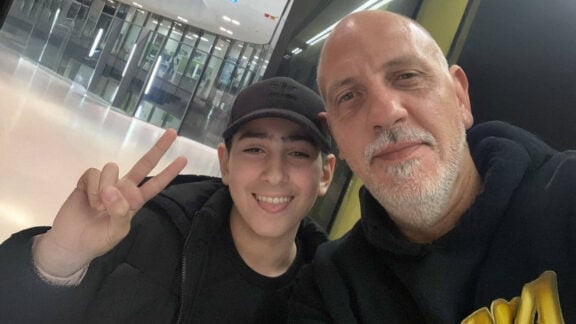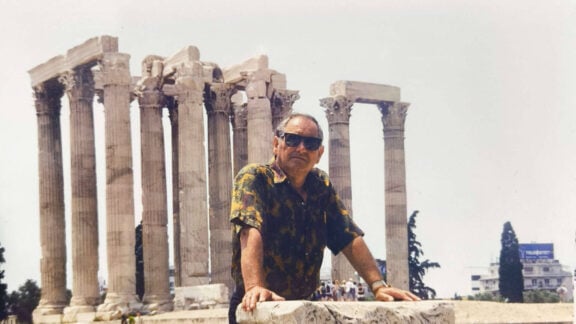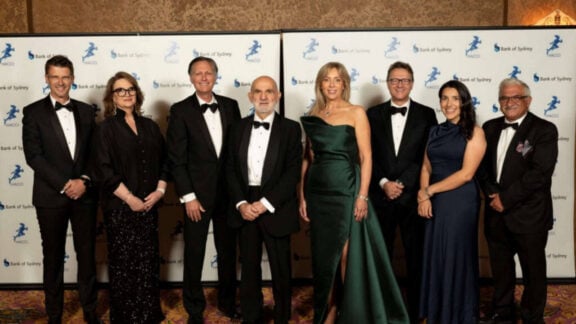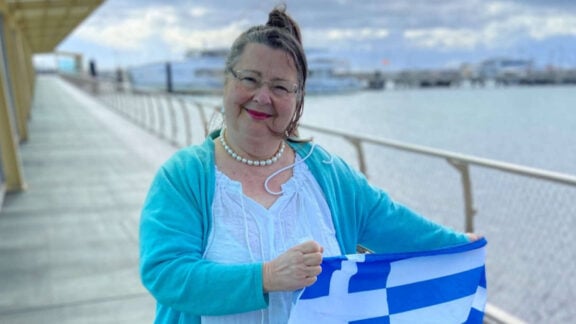Our mum, Filio Kottakis (nee Hatzoglou), was born in 1932 in the village of Kontaika, on the island of Samos. She was the eldest of six siblings, shouldering the responsibilities of helping her mother and acting as a female figure for both older and younger relatives, including her brothers and sisters.
At the tender age of third grade, her father made the decision that education was not essential for her. Despite protests from her school teacher, who tried to convince him otherwise, she was deprived of formal schooling.
Her life took a different path, as she had to adapt to domestic duties, a common role for women at that time. She learned to attend to her parents’ needs, striving to please and never let them down.
By the time she turned 23, Mum had raised her brothers and sisters and offered assistance to other relatives whose wives and mothers had little, or no help. There are numerous stories of the challenges she faced growing up under such circumstances, but too many to recount here.

She had to demonstrate strength, capability, and unwavering dedication to the role assigned to her, a trait she carried throughout her life.
She became aware of Australia through her brother, who had already left their village in pursuit of greater opportunities at the age of nineteen. Seeing an opportunity to do something for herself, she saw Australia as a fresh start.
She proudly recounted the day when, after applying for passage to Australia, she heard her name being called out by her friend from high on a hill. Her friend waved the medical clearance, confirming her application to migrate to Australia. “Filio, Filio!” her friend shouted for everyone to hear. “It’s here! You’re going to Australia!” Looking up at her father, she picked up a rock, threw it down, and declared, “As this rock, I am leaving and never coming back here again!”
Thus began her new chapter, setting sail on the historic Begona in 1957, which carried 900 brides or pre-arranged brides to the Australian shores. However, Mum was not a pre-arranged proxy bride. She embarked on this journey as a lone traveler, with her brother as her sole connection to a country she knew little about. Her brother would write to her, saying, “Do not come here because where would you stay? Where I am, it is only men and work.” But like many other women, she came anyway.

On arrival in Hawksburn, she stayed with her brother in a house full of men, confined to a small room at the back with just one small window overlooking a neighboring wall. “This is Australia?” she said to me. “Where is the beautiful view I had in the village?”
In 1957, without English or skills, except for her willingness to work, she embarked on a new life. Through connections and recommendations, she found employment at 23.
By December 1958, Filio was married, Andreas Kottaki who she met through his sister, who had shown her his photo that piqued her interest. His sister convinced him to come down from Wollongong to meet her, and within two weeks, they were married.
Mum’s life flourished. They had two children, bought a house, brought over brothers and sisters, and built an extended family that connected with the broader communities in Richmond and Elsternwick.

After leaving Elsternwick in the mid-90s and moving to Oakleigh, their lives shifted from raising a family to retirement. They spent more time near shopping centers and Greek clubs, catering to family celebrations.
Mum and her husband frequently visited their birthplace of Samos until he passed away in his early eighties. She continued to enjoy life for eleven more years, living into her early nineties.
She remained vibrant and full of love for life, and amazed anyone who met her with her youthful appearance. Even her doctor remarked on her secret to longevity and marveled at her remarkable nature.
Mum was always open to conversation, finding similarities in everyone she met. She always had something to say and continued to perform household tasks, defying the notion of being “too old,” as people would say.
Tere was something extraordinary about her and the women who journeyed with her on the Begona and other ships and planes of that time.
It is a remarkable legacy that we should marvel at and pay tribute to, as I hope to do for her, Triandafilio Kottaki.










